Light affects us in many different ways. A little sunshine can brighten a gloomy day and make a person happier and have a better mood. Its absence can trigger Seasonal Affective Disorder or depression related to changes in season.
Light therapy has been used from ancient times to disinfect objects, preserve food, and combat different illnesses and health problems. Today, we still continue using light and thanks to science, we can safely harness its powers and use it to help warm premature babies, correct hair loss, alleviate muscle pain, treat acne, and correct signs of skin aging.
Although there has been a lot of scientific studies about light therapy, its use in cosmetics is still controversial. How can light manage to have so much health benefits? If so, why can’t we just spend a day out in the sun and soak up all the juicy goodness that light can bring?
The pros and cons of sunbathing...
Yes, sunshine is good for us. We need sunshine to convert cholesterol into Vitamin D. However, too much sun exposure is not good. In fact, unsafe sun exposure can lead to premature skin aging.
UV rays damage the DNA in our skin cells causing premature wrinkles. Age spots can result from years of sun exposure and may appear on our 40's or earlier, depending on your skin type.
If you want to get some sunshine, it is best to do it under 15 minutes, maybe less. Always, always use sun protection even on cloudy days.
Not all LIGHT are therapeutic
Although it is true that light can bring lots of health benefits, there is a specific wavelength that produces a therapeutic effect and combats specific skin problems. And there are those that can damage the skin. Remember that not all light are created equal. Different wavelengths of light and different colors trigger chemical reactions in our skin or body that increase cellular activity to produce the desired effects that we want, like eliminating acne or rejuvenating the skin.

Blue light has been used to treat mild to moderate acne. Red light is known to improve skin quality by triggering collagen production. Infrared light has been proven to have anti-inflammatory effects and help improve blood flow. Trophy Skin has developed two LED lamps to address 2 different problems, acne and skin aging. Aside from just using the lights Red and Blue, Trophy Skin has also incorporated Infrared light to boost the anti-inflammatory effects of the light therapy devices.
BlueMD uses 3 different lights: blue, red, and infrared. The blue lights use the same proven 405nm to 420nm wavelength that dermatologists and medical spas use in their clinics to fight off acne. It has been proven that Blue light within this wavelength kills P. acnes bacterium, the leading cause of acne. Acne also causes redness and inflammation. Red and infrared lights are used to increase blood flow and trigger anti-inflammatory effects that usually comes with acne.
RejuvaliteMD contains four different colors in the red spectrum. Red (660nm), Yellow (590nm), Amber (630nm), and Infrared (880nm). These different wavelengths work great in reducing signs of aging by penetrating the different layers of the skin to create new collagen, elastin, and fibroblasts.
It is far safer to spend 5 minutes under the LED lamps than taking antibiotics or going under the knife to correct aging problems. Advancement in technology has made it possible for us to harness the power of light. Now, all we need to do is try this out for ourselves and use the technology available to us.
If you have the RejuvaliteMD, get the extra BlueMD LED panel and combat aging skin problems and acne at the same time!
Expanding on the Therapeutic Effects of LED Light Therapy for Skin Conditions
The integration of LED light therapy into skincare routines has revolutionized how we approach skin conditions like acne, wrinkles, and overall skin rejuvenation. This technology, which harnesses specific wavelengths of light, has proven to be an effective, non-invasive treatment that targets various skin concerns at different depths. By incorporating red and blue light therapy, the treatment is capable of improving skin quality, reducing inflammation, and stimulating the production of collagen, a key protein in maintaining youthful, resilient skin.
Understanding the Power of Wavelengths
Wavelengths of light play a crucial role in how LED light therapy affects the skin. Red light, often emitted at wavelengths around 660 nm, penetrates deeply into the skin, reaching the dermal layers where it stimulates fibroblasts to produce more collagen. This increased collagen production is vital for reducing the appearance of fine lines and wrinkles, as well as improving skin elasticity and firmness. Red LED light therapy is particularly beneficial for those seeking to rejuvenate their skin and address the visible signs of aging without invasive procedures.
On the other hand, blue light, which operates at a wavelength of approximately 405-420 nm, is specifically effective in treating acne. Blue light therapy targets and destroys the P. acnes bacteria, which is a primary contributor to acne breakouts. By eliminating these bacteria, blue LED light therapy reduces both the severity and frequency of acne outbreaks, leading to clearer and healthier skin over time. The combination of red and blue light in therapy devices provides a comprehensive approach to skincare, addressing both acne and the signs of aging simultaneously.
The Role of Near-Infrared Light in Skin Therapy
In addition to red and blue light, near-infrared light is often included in LED therapy devices for its ability to penetrate even deeper into the skin. Near-infrared light, typically around 880 nm, enhances blood circulation and has potent anti-inflammatory effects. This helps reduce skin roughness and promotes healing, making it a valuable tool in managing conditions like eczema, psoriasis, and even aiding in the prevention of scar formation. The synergy between red and near-infrared light ensures that skin cells are stimulated at various levels, promoting overall skin health and vitality.
At-Home LED Light Therapy Devices
The convenience of at-home LED light therapy devices has made this treatment more accessible to the general public. Devices like the BlueMD and RejuvaliteMD offer users the ability to treat skin issues like acne and aging from the comfort of their own homes. These devices typically feature multiple light sources, allowing users to benefit from a range of wavelengths that target different skin concerns. Regular use of these devices can lead to noticeable improvements in skin tone, texture, and clarity.
Safety and Efficacy of LED Light Therapy
LED light therapy is generally considered safe for all skin types. Unlike ultraviolet (UV) light, which can damage the skin and increase the risk of skin cancer, LED light therapy uses visible light that does not harm the skin. This makes it an excellent option for those looking to improve their skin without the risks associated with more invasive treatments or prolonged sun exposure. Dermatologists often recommend LED light therapy as part of a comprehensive skincare regimen, particularly for individuals with sensitive skin or those prone to conditions like rosacea or acne.
Future Prospects of LED Light Therapy
As research into the benefits of light therapy continues, we can expect to see even more advanced LED light devices hitting the market. These future devices may incorporate additional wavelengths or combine LED light therapy with other skincare technologies to enhance their efficacy. The goal will always be to offer safe, effective, and convenient treatment options that can help individuals achieve their skincare goals without the need for invasive procedures.
In conclusion, LED light therapy represents a significant advancement in skincare technology. Its ability to use specific wavelengths of light to treat a variety of skin conditions, from acne to the reduction of fine lines and wrinkles, makes it a versatile and powerful tool in the fight against skin aging and other common skin issues. By understanding the science behind this therapy and incorporating it into daily skincare routines, individuals can significantly improve their skin's health and appearance over time.

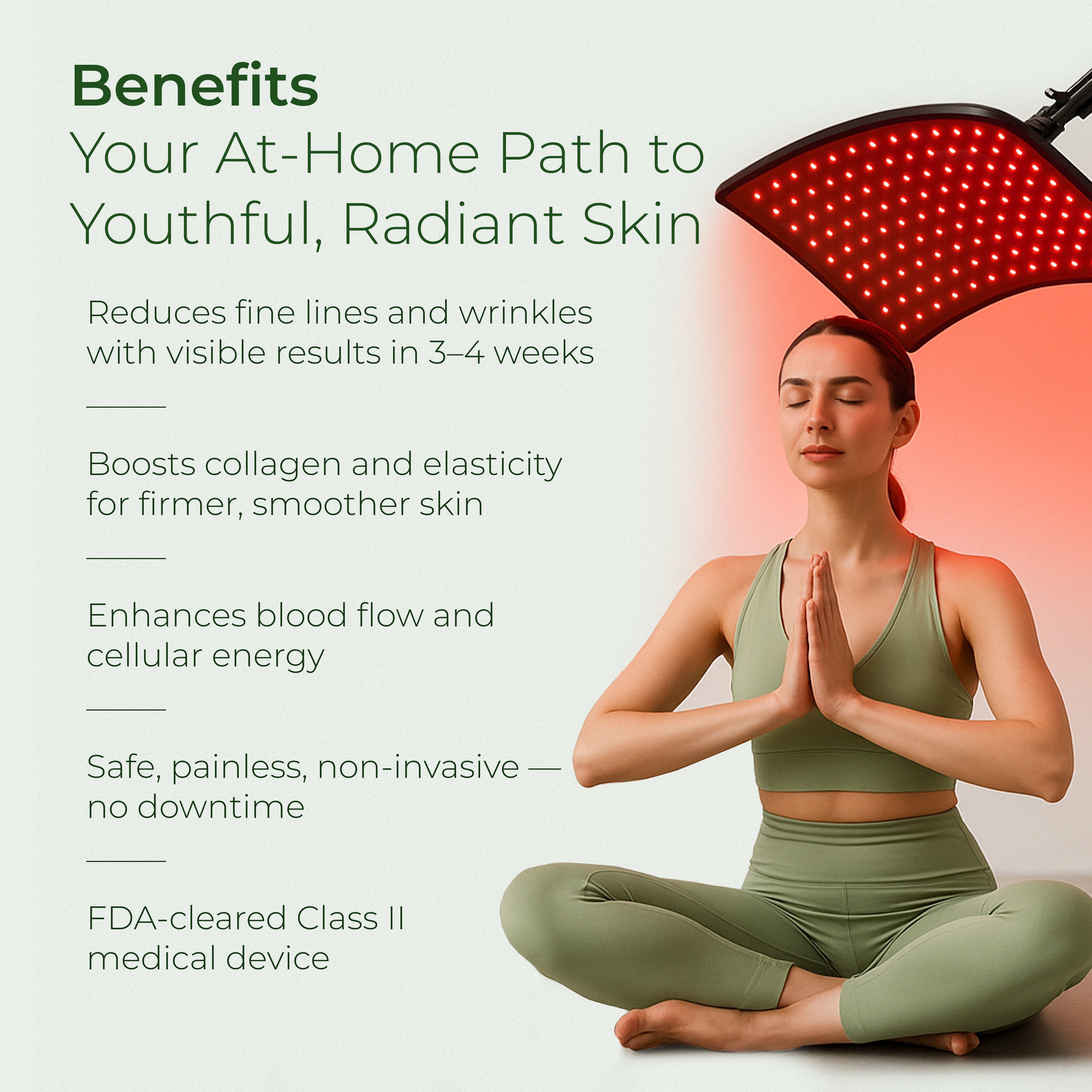
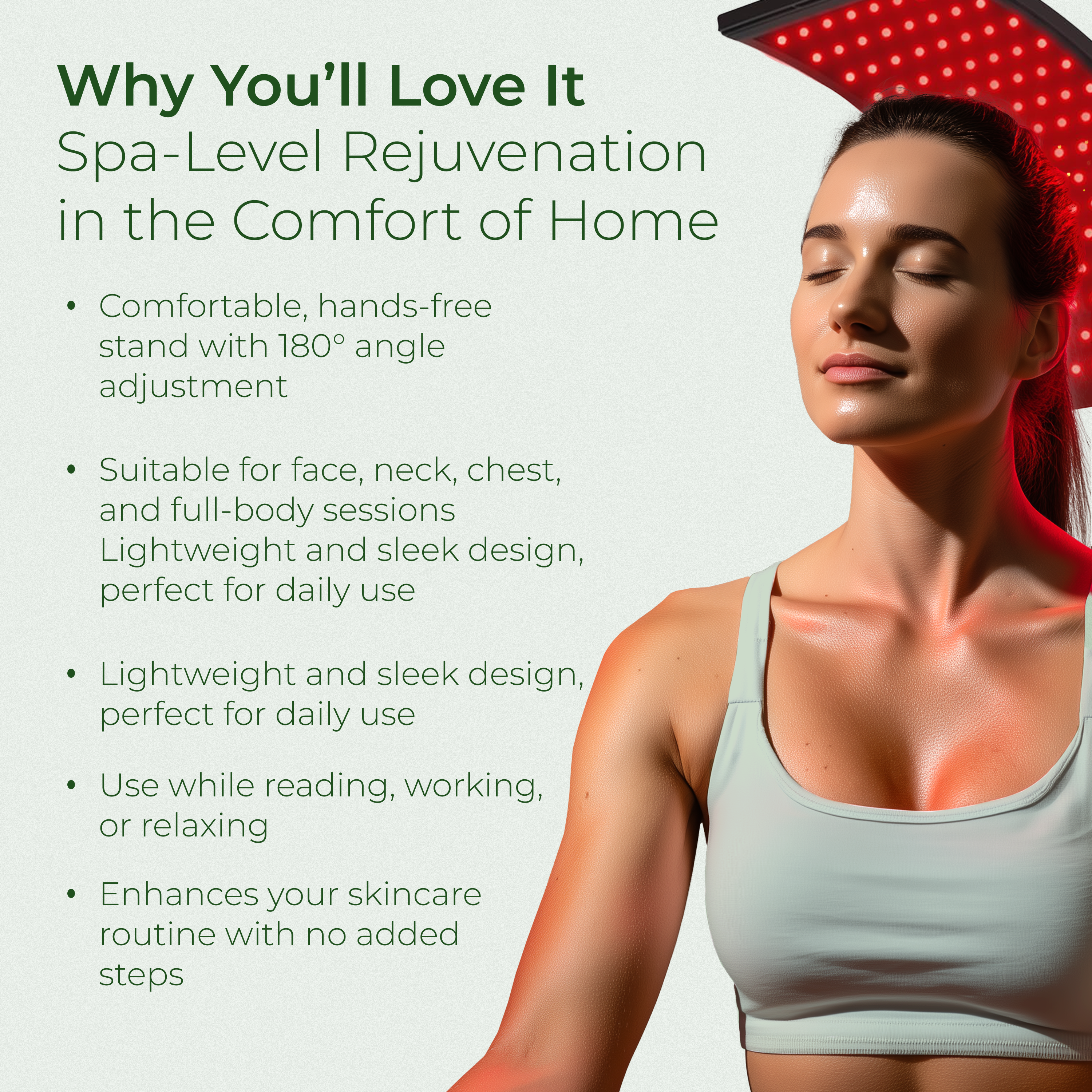
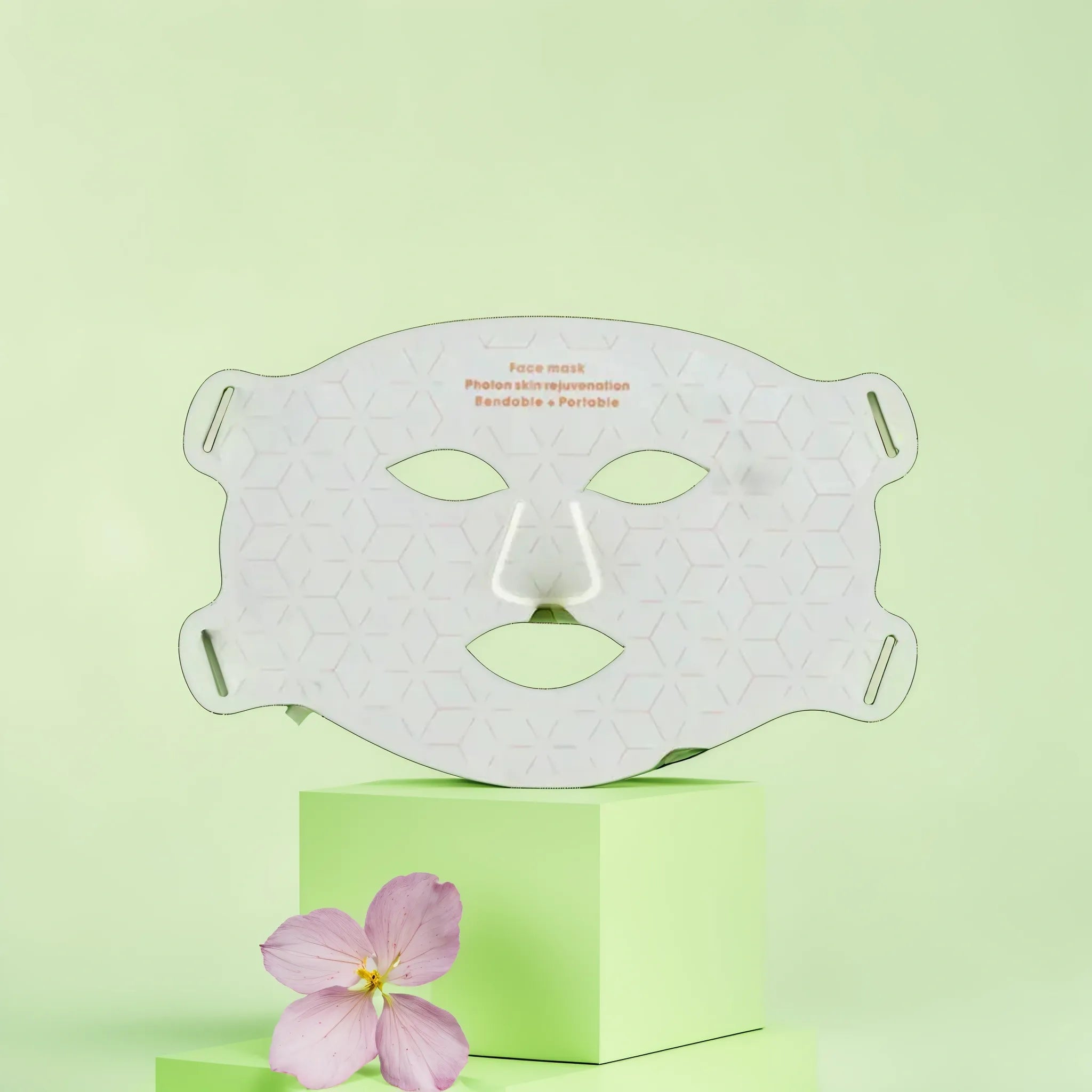
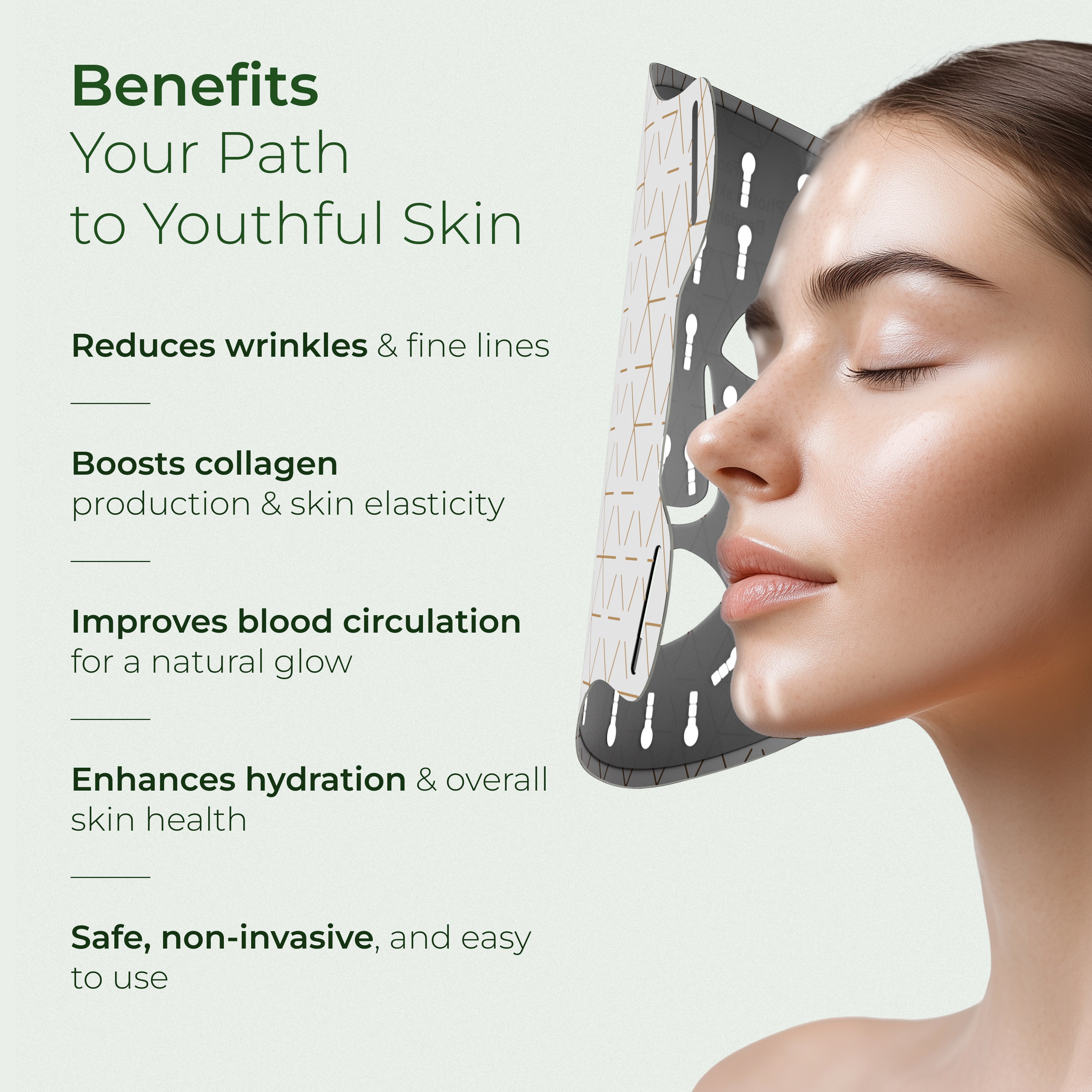


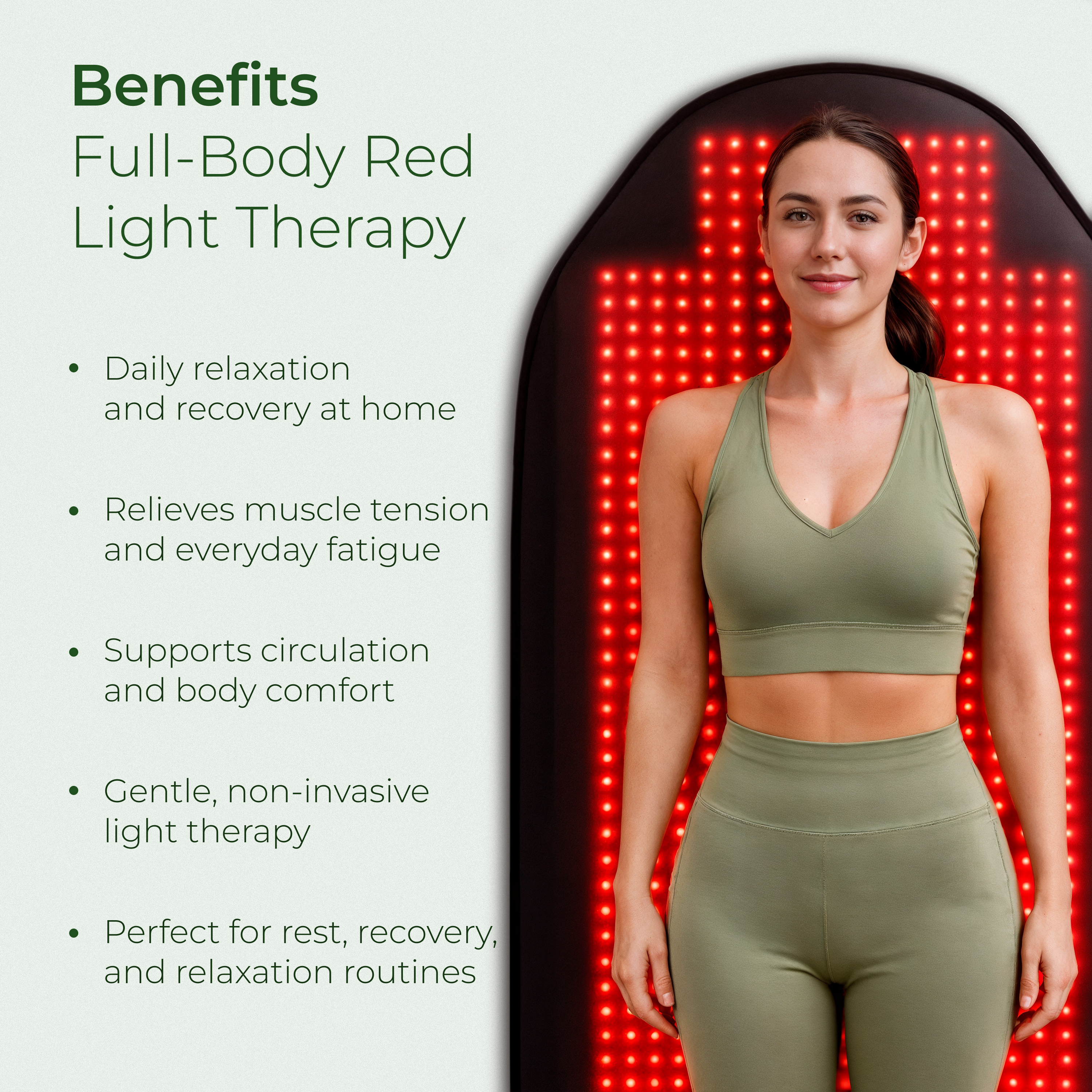
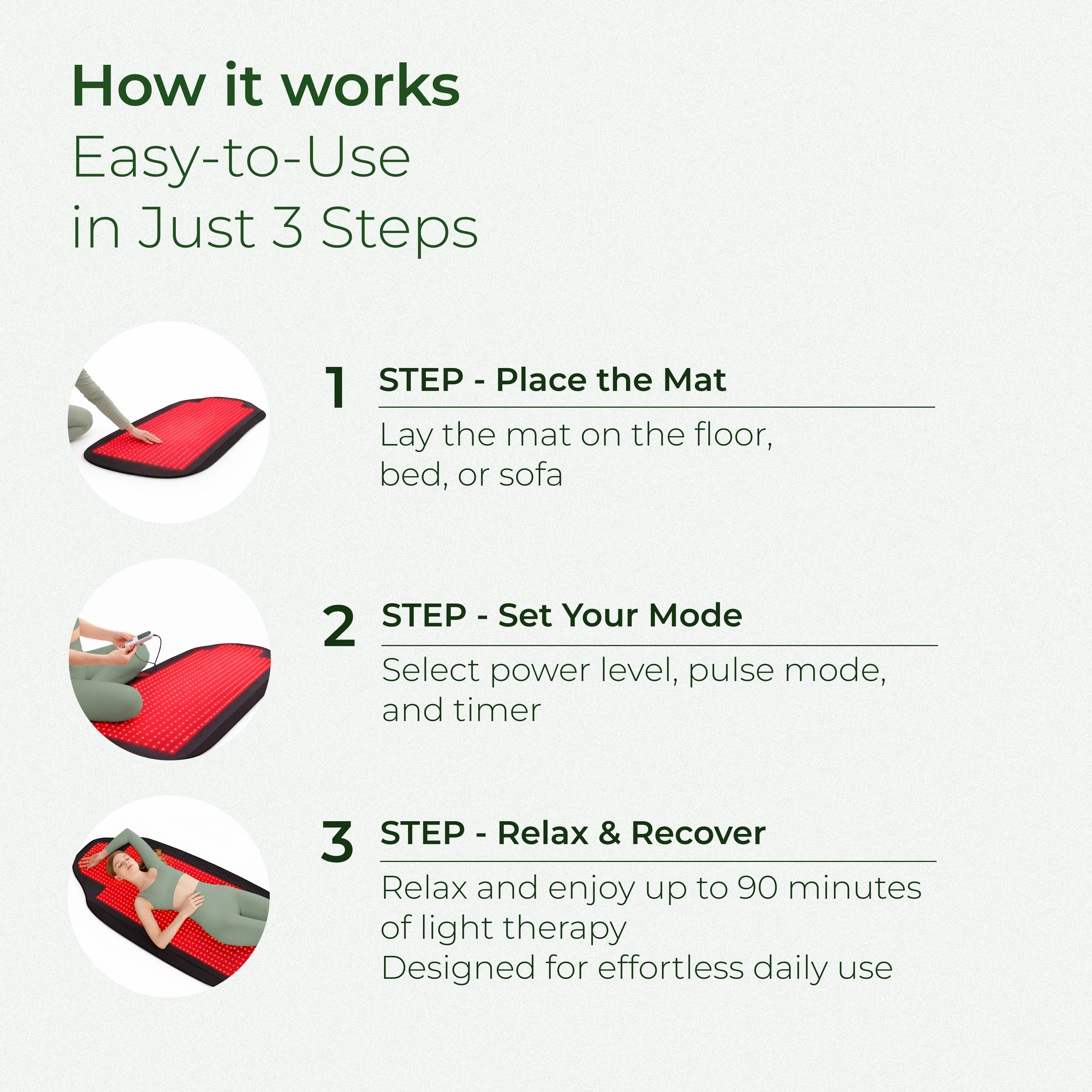
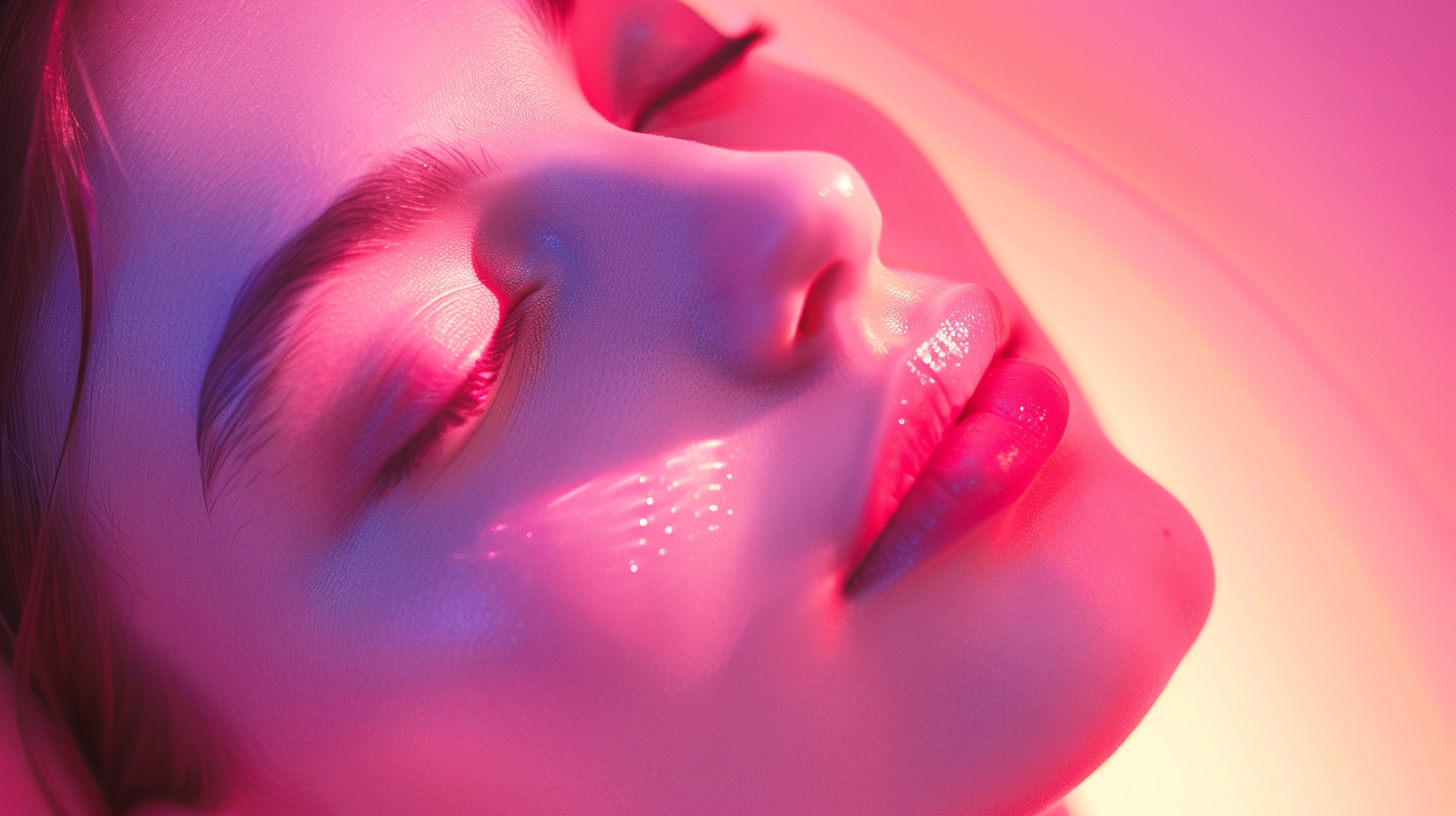
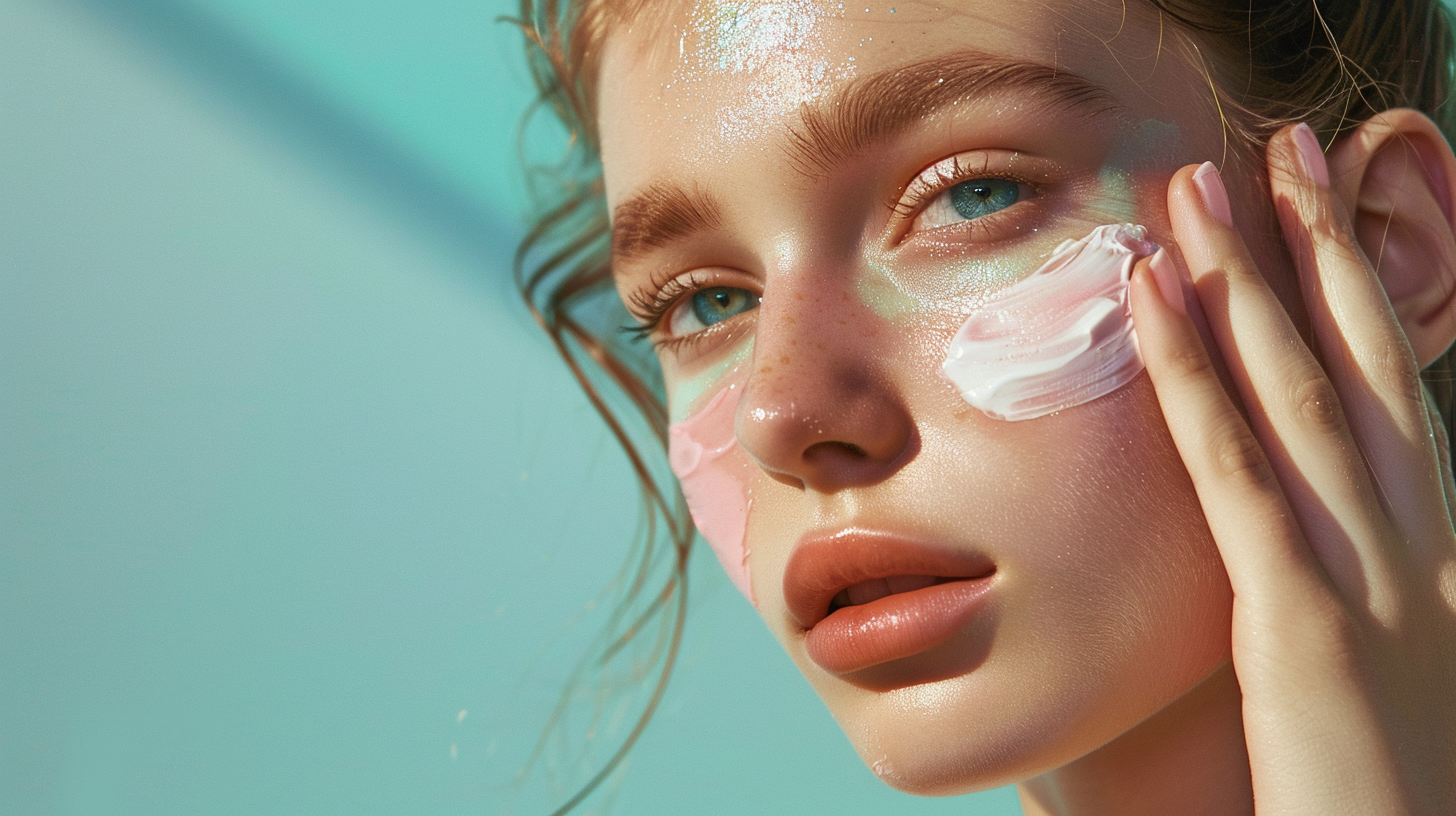

Dejar un comentario
Este sitio está protegido por hCaptcha y se aplican la Política de privacidad de hCaptcha y los Términos del servicio.